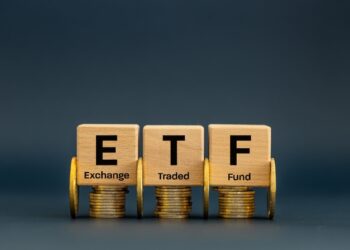John Campbell has worked in Australian equities for 22 years on both the sell and buy side, primarily in an equity research capacity. Prior to setting up Avoca, his most recent role was seven years as portfolio manager/analyst of the UBS Small Companies Fund.
Avoca: Established in May 2011, with managing director John Campbell and chief investment officer Jeremy Bendeich as majority owners, and Bennelong Funds Management as a minority partner.
Experience: I have worked in Australian equities for 22 years on both the sell and buy side, primarily in an equity research capacity. Prior to setting up Avoca, my most recent role was seven years as portfolio manager/analyst of the UBS Small Companies Fund.
My other relevant experience includes eight years at BT Australia as equity research analyst and head of equities proprietary trading; three years at Maple-Brown Abbott as an equity research analyst; and three years at Credit Suisse as director of research sales. Prior to working in financial markets I was employed as an auditor with PriceWaterhouseCoopers.
Investment philosophy: We believe the intrinsic value of any security is the present value of all its future cash flows. While capital markets tend to be more focused on near-term earnings and valuation ‘rules-of-thumb’ in pricing equities, such as [price/earning ratios] and dividend yields, Avoca utilises longer term and maintainable cash flows as the primary driver of its calculation of intrinsic value.
One of your best calls: In our recent investment management history at UBS, being relatively defensively positioned (and very underweight small resources in particular) heading into the GFC but then having the conviction to increasingly move to a significantly overweight position in economic cyclicals (including small resources) as the GFC progressed must count as one of our best overall portfolio calls.
Outlook for the year ahead: We remain relatively cautious on the prospects for Australian equities and small caps in particular. We believe inflationary pressures in China are mounting and ultimately will force a more moderate rate of growth onto that country. This will have significant flow-on effects for Australia in particular and, in our opinion, will manifest in declining commodity prices and a falling Australian dollar, back to more sustainable levels for the longer-term.
Given small resources are very leveraged to commodity prices, more so than the larger, lower-cost producers like BHP and Rio Tinto, we see this sector as likely to underperform materially in the coming year. It follows that as small resource and energy stocks make up around 50 per cent of the S&P/ASX Small Ordinaries Index, we remain even more cautious on small caps than the overall market.
Fund position: We are significantly underweight small resource stocks, with that being offset by an overweight position to domestic industrials. We are fully invested in equities, however, as we believe clients pay us to invest in equities, not to asset allocate.





